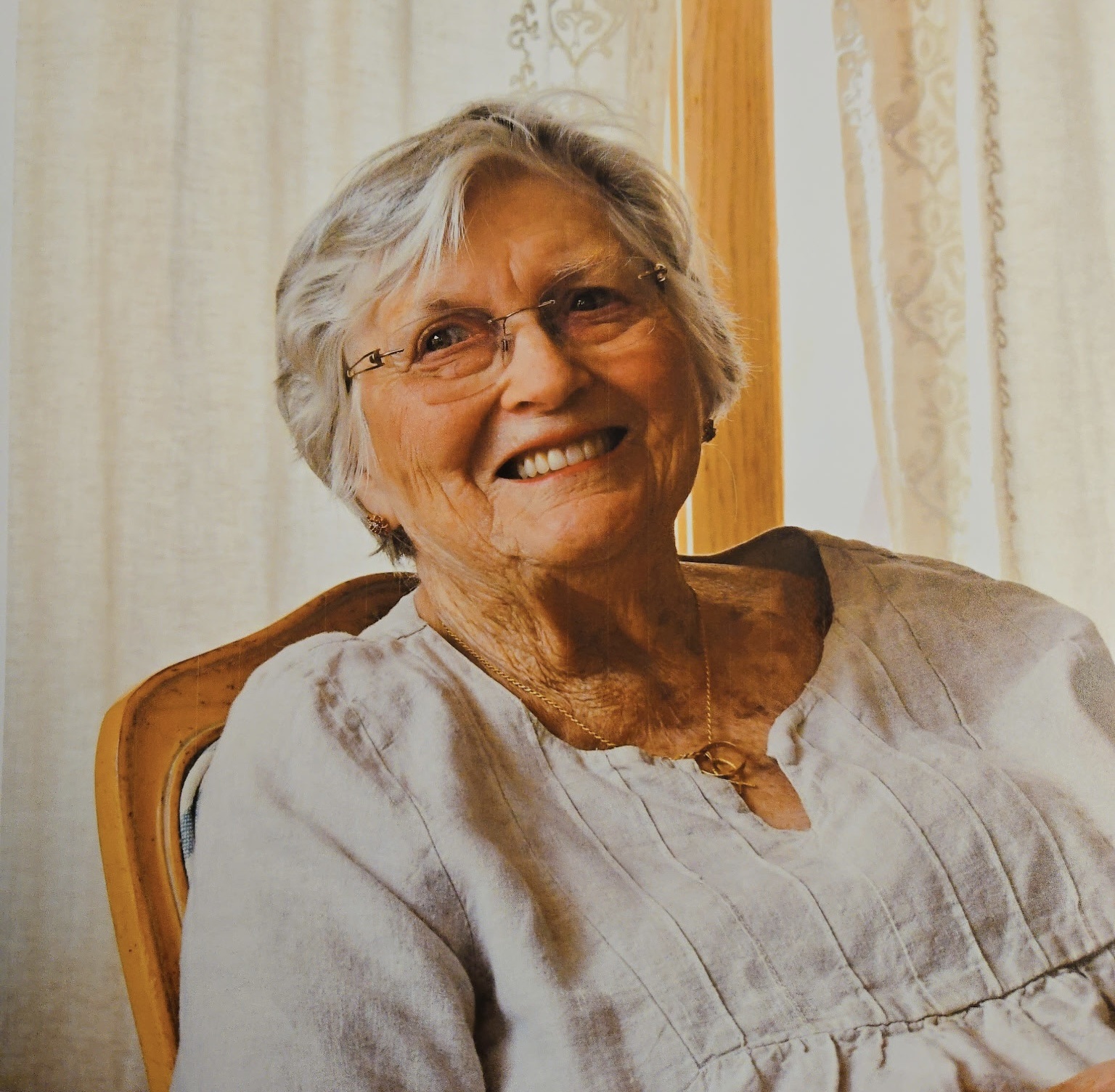Commissioner candidates answer fifth question on Vision 20/20
Published 12:50 pm Friday, August 13, 2010
Editors note: The Bulletin in June asked the candidates running for three seats on the Polk County Board of Commissioners this November to answer five questions regarding their views of the recommendations in the countys Comprehensive Plan, the Vision 20/20 plan.
For several years now, past and current Polk County commissioners have been working on strategic planning for the county, twice conducting surveys to ask county residents what they want. Based on those survey results, the county completed a comprehensive plan.
The current county board has now formed a committee to draft a Unified Development Ordinance (UDO). The UDO committee will be charged with compiling all of Polk Countys land use ordinances into one document. It is expected the committee will also work to incorporate new laws to achieve the goals of the Vision 20/20 plan.
Trending
In light of this major effort just beginning, and the fact that the UDO will be under the jurisdiction of the next board, the Bulletin asked the five candidates to share their views on five key areas of the Vision 20/20 plans recommendations.
All eight candidates responded. They are: Democrats Ray Gasperson (incumbent), Margaret Johnson, and Benny Smith; Republicans David Moore, Ted Owens and Tom Pack; and Independents Tommy Melton (incumbent) and Warren Watson (incumbent).
The fifth and final question in this series and the candidates answers are listed below.
Question: Vision 20/20 planners forecast a serious shortage of affordable housing. Strategies outlined in the Vision 20/20 plan to correct this shortage include creating zoning districts specifically for lower cost housing, providing density bonuses to developers. What steps would you take to encourage more affordable housing in Polk County?
* * *
Ray Gasperson: In order to have a strong local economy with housing that is affordable to a wide range of age and income groups, there must be higher density, affordable (esp. working class) housing available in all areas of the county especially near our towns.
Trending
This would make it possible for more school teachers, hospital, law enforcement, etc. workers who may already work in our county to also live here. Proper land use planning that prevents sprawl while permitting zoning districts which allow for lower cost housing and density bonuses to developers, will help satisfy the needs for modest homes on smaller lots.
* * *
Margaret Johnson: While there are vacancies currently in the subsidized housing facilities in Polk County, this is not the only component of affordable housing. We still have a need for lower and moderately priced housing.
The Vision 20/20 Plan recommends several actions that I support, such as investigating fund assistance through state/federal and private endowments and establishing a land-banking program from foreclosures to use for affordable housing. Creating more living wage jobs in our county would be the very best way to encourage the development of more affordable housing.
* * *
Tommy Melton: Attaining affordable housing for Polk County is a daunting task because of prohibitive land values. I am not opposed to density bonuses, which permit developers to increase the number of units allowed on a property if they agree to accept lower rents or sales prices on a certain percentage of the units, offsetting the reduced revenue by additional cash flow from bonus units.
We must have the infrastructure to support these units. We should also invite public input, especially adjacent landowners.
Inclusionary zoning would encourage or require developers to include a portion of affordable housing in new market-rate housing developments. Studies have shown that developers are willing to supply such housing, and it has also been shown that the market-rate homes have had no real impact in value because of the exterior design plan of the affordable homes. In designing an incentives program, it is crucial to involve developers from the outset.
We should also strive to bring clean industry to this area to attract higher wage jobs so that our young people can stay in Polk County.
* * *
David Moore: The only way this can be accomplished is to consider the impact of how we decide the other land use issues in the Vision 20/20 Plan, which you discussed in your previous questions. We should not be limiting our citizens opportunity to choose where they want to live in our county.
* * *
Ted Owens: Affordable housing is certainly needed. The previous board of commissioners was concerned and attempting to address this issue.
It seems to me that if you created districts for this purpose youre saying to the working people of this county such as teachers and law enforcement people that they are a lower class people and we dont want you living next to some people. That is wrong and I would never vote for something that even suggests such a thing!
Rather than bringing the citizens together, this would cause greater division.
To help with affordable housing, I would consult with developers to get their ideas and help. I would also get with other counties and communities that have addressed this issue. I will talk with those who need this type housing to get their thoughts and ideas.
When I was training to be a manager in Milliken & Company, they taught that the best way to solve an issue and find a better way to do a job is to go out on the floor and ask the people who were actually doing the work.
The bottom line to all of this is we must remember that One size shoe doesnt fit all people.
* * *
Tom Pack: Previous questions (asked of candidates by the Bulletin) discussed our views of the Vision 20/20 Plans recommendations for land use regulations. I believe such regulations will have a major impact on property values. We have to be mindful of the impact that more regulation and zoning have on the cost of property and building cost. We can very easily drive the values above what the middle class much less the poor can afford.
As far as districts specifically for lower cost housing this sounds like segregation and I will not support that. People need to be able to build and live where they want and not forced to live in a certain area by the government.
* * *
Benny Smith: Affordable housing is clearly a need in Polk County. In 2009, a Polk County Affordable Housing Task Force (AHTF) was formed. The AHTF can lead the way to affordable housing by studying the problem, assessing the options and providing specific recommendations. The AHTF may include representatives from state and local government, the housing sector, businesses, non-profits and school systems. The AHTF should utilize the 20/20 vision Plan for a tool in their study.
* * *
Warren Watson: This is a serious issue, and to be honest, there is no easy answer. The concepts outlined in our plan are a good start at addressing the problem. The bottom line is that lifelong residents and their children are being priced out of the housing market in Polk County. And pressure is being placed on farmers to sell open lands for development.
The recession has given us some immediate relief from development pressures, but it has also impacted the job market even further. Giving developers incentives to provide for multiple types and price ranges of housing within a development is a good start, but much more effort needs to be placed on defining what is meant by affordable housing for Polk County.
We have to provide for the introduction of a multitude of housing types, and we need to promote living-wage job growth in Polk County and within the region, in order for working families to afford to continue to live in Polk County.





